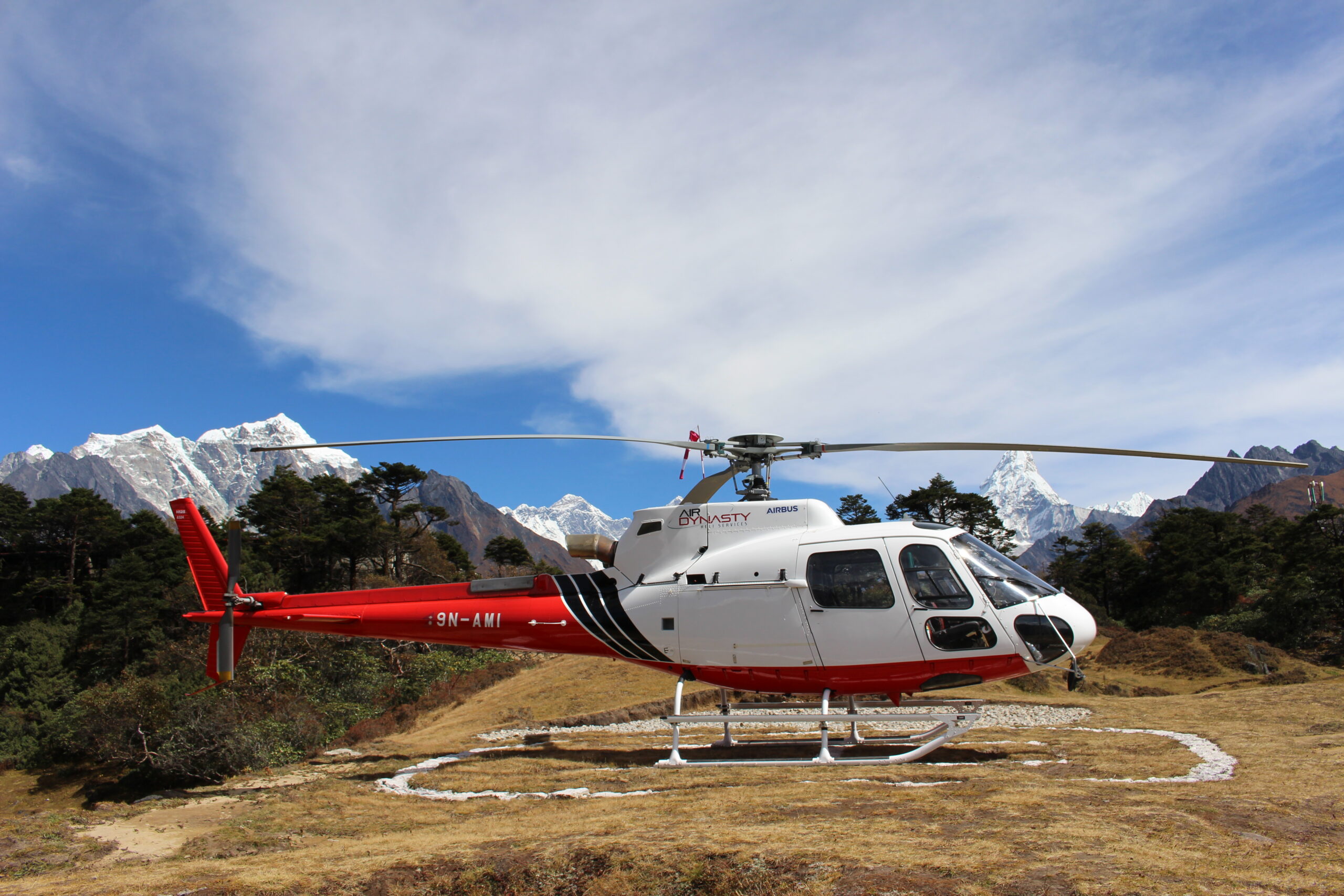The Nepal government conducted an investigation into the long-standing helicopter scam involving numerous companies. The Ministry of Culture and Civil Aviation launched a team to scrutinize the activities of more than 500 trekking agencies in Nepal.
Many companies were under suspicion for corruption and fraudulent helicopter rescues at the expense of insurance companies. This investigation campaign began in August 2017 when Travelers Assist, in collaboration with an Australian-based insurer, sent Forest Williams, their operations manager, to assess the level of care and treatment in hospitals and to understand why the 2017 spring climbing season had an unusually high number of expensive medical claims, particularly for helicopter evacuations.
Forest Williams stated, “We learned a lot from the 2017 high season [Oct-Nov]. It was the busiest year on record since the 2015 Nepal earthquake. This gave us the opportunity to try and test different methods to facilitate and improve rescue and evacuation missions.”
According to sources, in the last three months of 2017, Travelers Assist provided medical assistance to over 250 travelers from the UK, Australia, New Zealand, Canada, and the US; among them, 37 travelers required helicopter evacuations. After investigation, it was found that 30% of these evacuations were unnecessary and fraudulent.
Source: https://www.aviationnepal.com/ministry-investigating-on-helicopter-evacuations-and-rescues-in-nepal/
Fraudulent Activities in Helicopter Evacuation in Nepal
- Evacuating someone unnecessarily who is only minorly injured and would recover.
- Overcharging for helicopter evacuations and medical claims.
- Creating overly short itineraries without including necessary acclimatization periods.
- Trekkers and climbers seeking to return to Kathmandu as quickly as possible after reaching Mt. Everest.
- Scheduling deliberate rescues to save trekkers’ time.
How to protect yourself from heli evacuation scams in Nepal ?
Helicopter evacuation scams not only defraud insurance companies but also waste your time and money. Protecting yourself from these scams is crucial, and it is also your responsibility to be honest with the insurance companies that provide services to millions of travelers worldwide.
So, carefully consider the price quote from any trekking agency. If you find an agency offering the Everest Base Camp (EBC) trek for as low as $1,000 USD, including meals, accommodation, guide, and porter, think twice about how that is possible. When you break down the costs, such a price is unrealistic. For example, a one-way domestic flight to Lukla costs around $220 USD per person. Currently, booking a round trip (KTM-LUKLA-KTM) would cost $440 USD per person. This leaves only $560 from the $1,000 budget.
How can a trekking company cover guide and porter salaries, meals, and accommodation in the Himalayas with such a small amount left? This raises the likelihood of helicopter evacuation scams.
I understand that it’s not my place to say that travelers choose cheap packages, leading to scams. However, the harsh reality is that many companies offer packages at extremely low prices, making it impossible to run a proper trip at such rates. These companies often rely on covering costs through helicopter evacuations.
In conclusion, I urge you to be cautious of these scams and select a reputable agency for your trip to Nepal.

2 Replies to “Helicopter Rescue Scam in Nepal – The Facts That You Should Know”